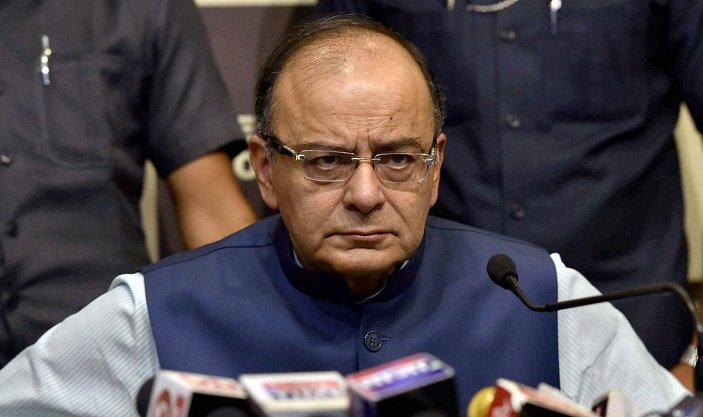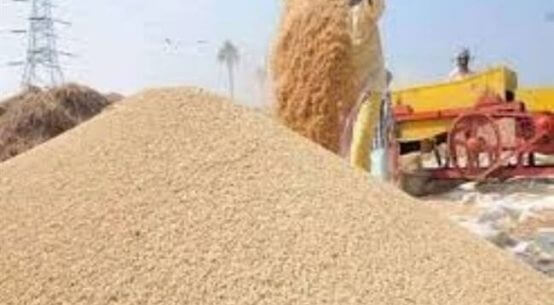The Good Services Tax (GST) is not applied in Jammu & Kashmir yet. It is awaiting presidential orders on the issue which will be dispensed after the special legislative session on 4th July.
GST in Jammu Kashmir
Jammu and Kashmir often denoted as J&K is the only state in India who enjoys autonomy under the article 370. This article of the constitution states that no law ordained by the Parliament of India, except those related to defense, communication, and foreign policy, is extendable to this state unless it is approved by the legislature of the state.
The state has a multi-party democratic system with a bicameral legislature. At present, Mehbooba Mufti Sayeed is the chief minister of the state who assured that GST would surely be extended to the state with all safeguards shortly.
J&K Finance Minister, HaseebDrabu stated that they will try to bring in the modified form of this constitutional amendment by July 5.
Effects of non-implementation of GST in J&K
-
The sources said that the suppliers of fast moving consumer goods have been increased for the last few weeks. This is expected to slow down after July amid the inexactitude concerning the applicability of GST
-
ArunJaitley explaining the drawbacks of non-applicable GST said that consumers from outside the state would pay twice tax in the absence of GST. On the other hand, goods sent outside of the state will also face double levy making the things expensive.
-
Secondly, the state will not get the benefit from the center that is given to other states on account of the loss of revenue incurred by the application of GST. ArunJaitley commented on this scenario, “Because of such a situation arising, we could have a scenario where Jammu will want to come into the GST regime while Kashmir will not.”
Expected Consequences of application of GST



